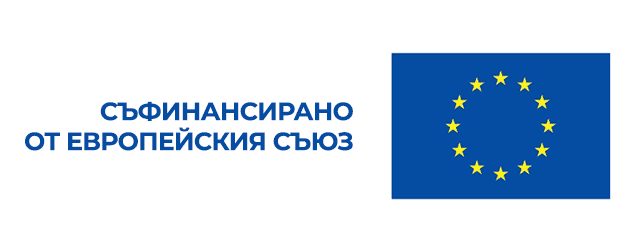H2-rich coral calcium hydride prevents hepatic steatosisScientific Research
original title: Coral calcium hydride prevents hepatic steatosis in high fat diet-induced obese rats: A potent mitochondrial nutrient and phase II enzyme inducer
DOI: 10.1016/j.bcp.2015.12.020-
Abstract:
Diet-induced nonalcoholic fatty liver disease (NAFLD) is characterized by profound lipid accumulation and associated with an inflammatory response, oxidative stress and hepatic mitochondrial dysfunction. We previously demonstrated that some mitochondrial nutrients effectively ameliorated high fat diet (HFD)-induced hepatic steatosis and metabolic disorders. Molecular hydrogen in hydrogen-rich liquid or inhaling gas, which has been confirmed in scavenging reactive oxygen species and preventing mitochondrial decay, improved metabolic syndrome in patients and animal models. Coral calcium hydride (CCH) is a new solid molecular hydrogen carrier made of coral calcium. However, whether and how CCH impacts HFD-induced hepatic steatosis remains uninvestigated. In the present study, we applied CCH to a HFD-induced NAFLD rat model for 13 weeks. We found that CCH durably generated hydrogen in vivo and in vitro. CCH treatment significantly reduced body weight gain, improved glucose and lipid metabolism and attenuated hepatic steatosis in HFD-induced obese rats with no influence on food and water intake. Moreover, CCH effectively improved HFD-induced hepatic mitochondrial dysfunction, reduced oxidative stress, and activated phase II enzymes. Our results suggest that CCH is an efficient hydrogen-rich agent, which could prevent HFD-induced NAFLD via activating phase II enzymes and improving mitochondrial function.





